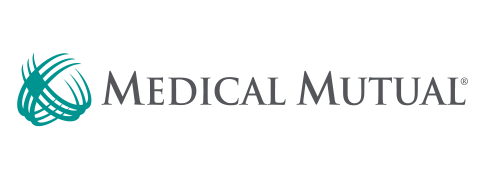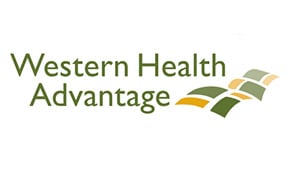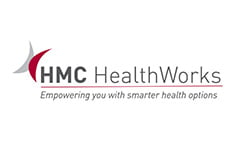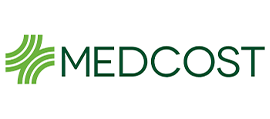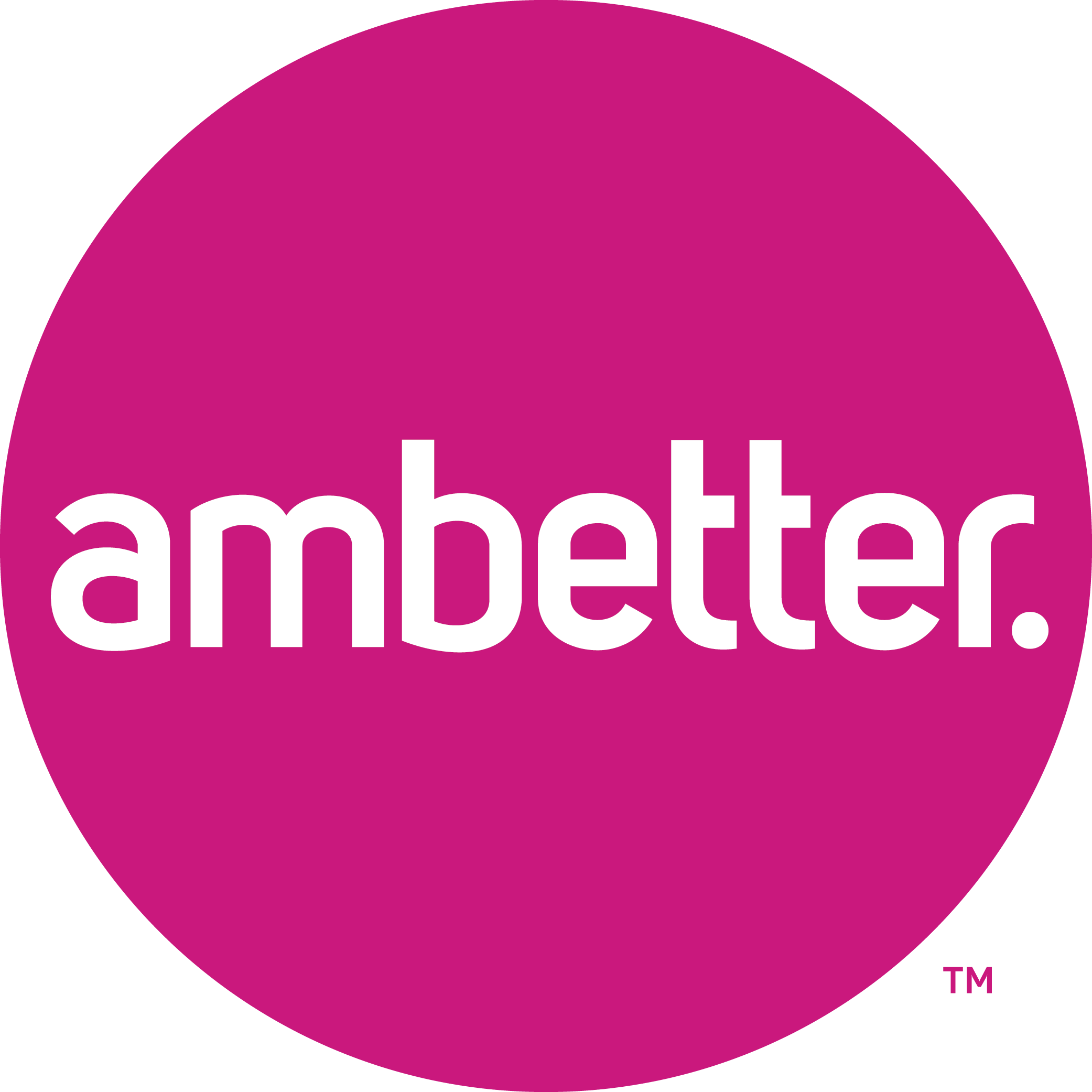Psychoeducational Groups
As sources of empowerment during addiction recovery, psychoeducational groups at Banyan Treatment Centers are utilized to educate our patients about their addictions and enhance their understanding of recovery in a group setting. We understand that many of our patients don’t realize the behavioral patterns they exhibit concerning their substance use disorders. Our psychoeducational groups for adults help them better understand how their actions contribute to their conditions and the changes they need to make to recover.
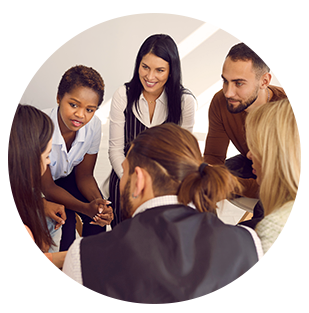
What Is a Psychoeducational Group?
The psychoeducational group definition hasn’t fluctuated much since it was used in a study on family treatment of adults with schizophrenia.1 Psychoeducational groups are designed to educate patients about substance abuse and related behaviors and consequences. These groups are one of five models of group therapies, including cognitive-behavioral or problem-solving groups, support groups, skills development groups, and interpersonal process groups. When treating patients at our Banyan rehab locations, we take a multi-faceted approach. Addiction affects everyone differently, so it wouldn’t make sense to create a one-size-fits-all program for recovery.
Psychoeducation group therapy takes an informative and inclusive approach to treating patients with drug or alcohol use disorders. We conduct this type of therapy in an interactive group setting where patients can feel comfortable talking about their addictions. Our team also gives patients the education they need to understand the root causes of their disorders. Knowledge is power, and giving people who are addicted to drugs or alcohol that power will help them better participate in the recovery process.
Benefits of Psychoeducational Groups for Addiction
Often, individuals who have addictions lose the ability to take care of themselves. This doesn’t refer only to hygiene but rather basic life skills that are diminished or lost to long-term addiction. Psychoeducational groups for substance abuse can help patients find their footing and become independent again.
To sum it up, the benefits of psychoeducation groups include:
- Instilled hope: This concept is common and effective in many group therapy programs for addiction, as many group members who are making progress in their recovery encourage other members.
- Inclusiveness: This concept provides an additional element of support, as members in the group find that they’re not the only ones struggling with recovery.
- Sharing information: This consists of members gaining new information on the nature of drug and alcohol addiction from our counselors.
- Selflessness: This concept consists of members gaining more self-esteem by supporting other group members. Addiction can also be considered a very self-serving condition, whether the individual means to be this way or not. However, we’ve seen our patients develop selflessness by assisting other group members with their struggles.
- Corrective review of the family dynamic: Addiction often impacts the family dynamic in a home to the point where relationships are greatly disrupted. These groups offer a family-like environment where patients can review any unresolved issues in their home lives in a healthy manner.
- Social skills development: This consists of group members providing feedback in a group. Other members’ points of view can offer insight into one’s effective social behavior that might inhibit relationships.
- Relational learning: Any distorted perceptions or beliefs of others are corrected.
- Group Cohesiveness: This concept suggests that group environments make clients feel safe and comfortable enough to be honest with each other.
- Liberation: This concept suggests that group members learn how to express their feelings concisely and healthily.
- Self-awareness: This concept suggests that groups can help people come to terms with hard truths, such as unfairness in life and other hard realities.
Psychoeducational Groups for Substance Abuse at Banyan
Our psychoeducational groups for addiction consist of four main elements: briefing the patient about their condition, problem-solving training, communication training, and self-assertiveness training.2 They’re available to patients in all our levels of substance abuse treatment at any of our addiction facilities. Each group is led by a trained and licensed counselor with experience in managing recovery groups.
During groups, patients will introduce themselves, admit their addictions, and share their recent struggles in recovery. Counselors will then review the topics and questions they will be discussing that day. Once introductions are made, group leaders jump into questions they have for their members. To end the session, counselors may recite the Serenity Prayer or other group mantra with their members as an encouraging reminder.
Our structured yet flexible approaches to drug and alcohol addiction treatment are meant to fit the individual's needs, not the other way around. Because our patients are unique, we never want to limit their potential in recovery by offering them cookie-cutter treatment options. With drug therapy programs like our psychoeducational groups for substance abuse, our drug and alcohol treatment facilities offer clients everything they need to achieve long-lasting sobriety.
Contact us today to learn more about our psychoeducational groups and other Banyan drug treatment services offered at our facilities.
Not all programs available at all locations. Please contact the location for availability.
Related Reading:
The Importance of Self-Awareness in Recovery
Rebuilding Trust in Recovery
Sources:
Most Insurance Plans Accepted
At Banyan Treatment Centers, our goal is to make sure that anyone who needs treatment from drug and alcohol addiction are able to get the help needed to assist them on the road to recovery. If you don't have insurance contact us to inquire about alternate methods regarding treatment for yourself or a loved one.














